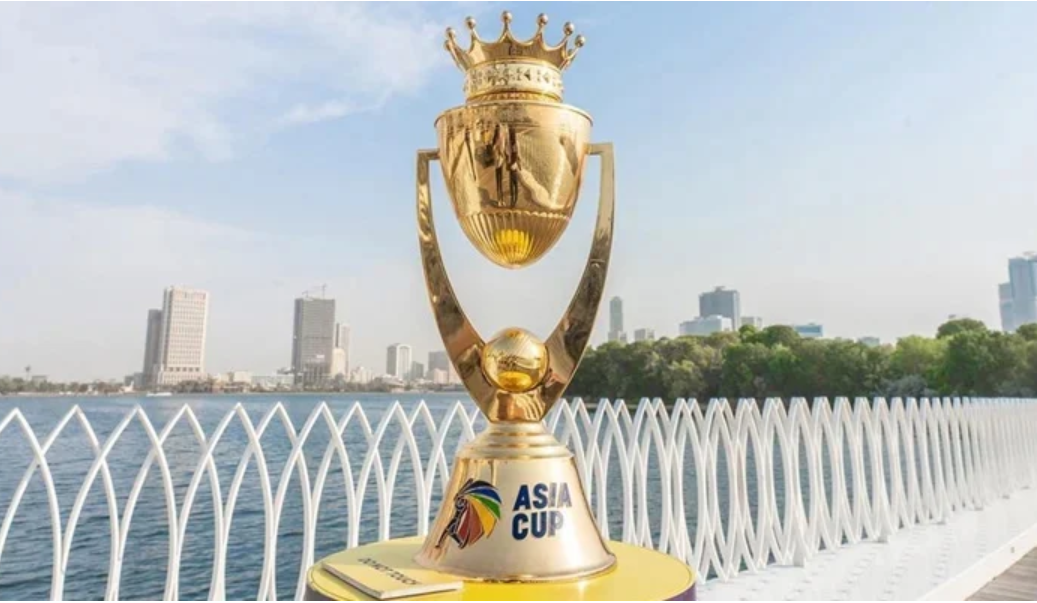The Asia Cup, one of the most anticipated cricket tournaments in the region, now finds itself at a critical crossroads. Recent political and diplomatic tensions between Pakistan and India have cast a shadow over the future of this prestigious event, raising serious questions about its continuity and the spirit of sportsmanship that cricket traditionally promotes.
A Historic Rivalry Beyond the Pitch
Pakistan and India share one of the most intense rivalries in the world of cricket, fueled not only by their competitive matches but also by a long-standing history of political friction. While cricket has often served as a bridge for dialogue and goodwill between the two nations, recent escalations in diplomatic relations have strained this fragile connection.
Impact on the Asia Cup
The Asia Cup is not just a tournament; it’s a celebration of cricketing excellence among Asian nations. The involvement of both Pakistan and India is crucial to its appeal and commercial success. However, with increasing political disagreements and security concerns, organizers face immense pressure to reconsider the feasibility of holding the tournament in the current climate.
There are fears that the rivalry might spill beyond the cricket field, potentially leading to protests, boycotts, or even safety risks for players and fans alike. These concerns have already prompted discussions among cricket boards and governing bodies about possible postponements or changes to the tournament format.
Voices from the Cricketing World
Many players and cricketing legends have expressed hope that the Asia Cup can proceed as planned, emphasizing the importance of sports in fostering unity and peace. “Cricket is bigger than politics,” said one prominent player recently. Yet, others acknowledge the challenges and call for cautious planning to ensure the safety and integrity of the event.
The Broader Implications
The uncertainty surrounding the Asia Cup underscores a larger issue where politics and sports collide. When political tensions rise, it often becomes difficult to separate the two spheres, impacting athletes, fans, and the spirit of fair competition.
For cricket lovers across Asia, the hope remains that cooler heads will prevail, and the Asia Cup will continue to be a platform for friendly rivalry, mutual respect, and sporting excellence.
What’s Next?
Cricket authorities are closely monitoring the situation, engaging in talks with government officials and security agencies to find a viable path forward. Fans and stakeholders await official announcements on whether the Asia Cup will proceed, be postponed, or see changes in venue or participating teams.
In the meantime, the cricketing community holds its breath, hoping that the game will triumph over conflict, and the Asia Cup will once again unite the continent in celebration of sport.
Would you like me to add more details about the news.

